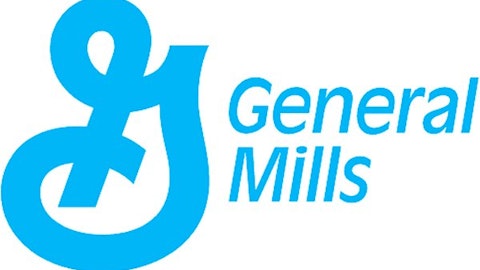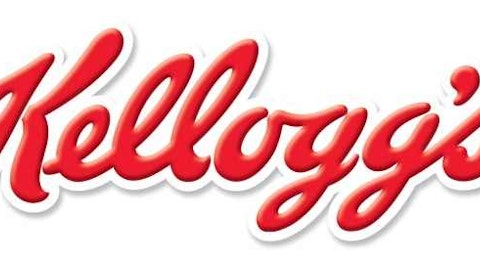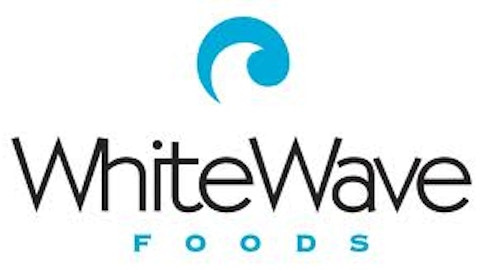Two of the largest and most popular companies in the world producing breakfasts and packaged foods are Kellogg Company (NYSE:K) and General Mills Inc (NYSE:GIS). Many people love eating Corn Flakes, Frosted Flakes, Cheerios, and Yoplait for breakfast, but only a few really know that besides getting energy for the day with every spoon of their favorite corn flakes, they might be happy having one of these longstanding (to say the least) dividend stocks in their portfolios as well. Just imagine, General Mills is respected by many investors for its unbelievable 117-year uninterrupted payout history (including its predecessor firm). Its colleague, Kellogg Company, lagged behind with “only” about 90 years of consecutive dividend payments. Not bad, huh? So, let’s dig a bit deeper and try to see which company would be a better fit for today’s investor, and how the most prominent money-managers in the world position these stocks in their portfolios.

Most investors don’t understand hedge funds and indicators that are based on hedge funds’ activity. They ignore hedge funds because of their recent poor performance in the bull market. Our research indicates that hedge funds partly underperformed because they aren’t 100% long. Hedge funds’ fees are also very large compared to the returns generated, which reduces the net returns delivered to investors. We uncovered through extensive research that historically, hedge funds’ long positions in certain stocks actually outperformed the market greatly, and it has held true to this day. For instance, the 15 most popular small-cap stocks among funds has beaten the S&P 500 Index by more than 85 percentage points since the end of August 2012. These stocks returned a cumulative of 145% vs. less than 60% for the S&P 500 Index (read the details). That’s why we believe investors should pay attention to what hedge funds are buying, particularly in the small-cap sector, rather than what their net returns are.
General Mills Inc (NYSE:GIS) is a Minneapolis-based, $33.68 billion company. The stock has made its investors happier this year, appreciating by 6.75%, not to mention the current, solid dividend yield of 3.11%. Adding to the fantastic 117-year-old dividend history, we should mention that the company not only managed to maintain the payouts over this time, but it also has been making rather frequent increases. Kellogg Company (NYSE:K) is a bit smaller of a company, with a market cap of $22.18 billion, and is headquartered in Battle Creek, Michigan. Kellogg has a nearly identical dividend yield of 3.09%, but has depreciated by 3.65% year-to-date. Compared to General Mills, Kellogg’s dividend history is a bit less impressive, both in terms of time period and the magnitude of increases.
The valuation of General Mills looks more attractive, given its P/E ratio of 24.61 versus the 50.47 of Kellogg. Still, the price-to-sales ratio suggests the opposite, though not with the same striking difference, since the sellers of Kellogg’s stock ask 1.53x times its revenues, while General Mills is traded at a 1.88x multiple. A quick glance at profitability turns the scales in favor of General Mills, which has higher and, what is also important, more stable operating margins and returns on equity. Its most recent earnings report showed that General Mills’ return on equity stands very close to its ten-year average of 24.75%, while Kellogg has only a 14.96% rate under the same metric. In defense of the latter, we should mention that its historic ROE is around two times larger than General Mills’ figure, but at the same time Kellogg is more leveraged, having 83.26% of debt-to-assets, while General Mills does business at 76.73%.
The insider activity has been mostly bearish for both of the stocks over the last three months. Kellogg Company (NYSE:K)’s top executives have sold around 1.07 million shares, valued at $67.46 million. General Mills Inc (NYSE:GIS)`s directors were not as harsh with their ward, as they sold only 330,827 shares with a market value close to $18.83 million.




